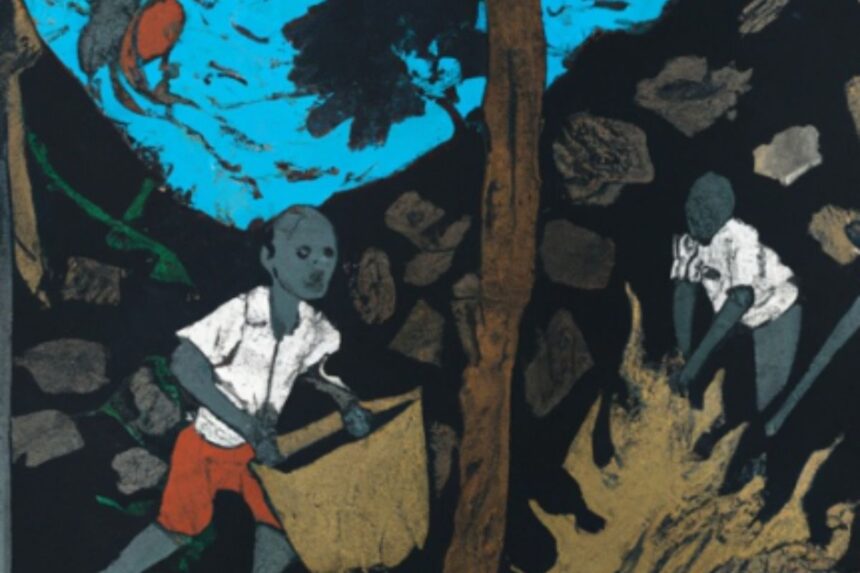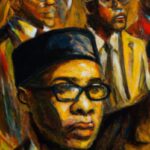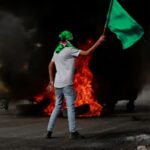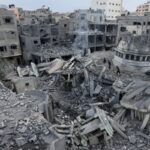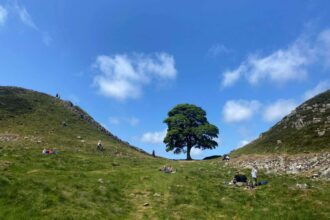The term “Silent Holocaust of Congo” evokes imagery of covert, large-scale atrocities that slip under the global radar. The Congo, with its vast and tumultuous history, stands as a poignant example. The exploitative measures and mass killings that took place in the late 19th and early 20th centuries remain a dark stain on human history, and yet, it’s a chapter not widely discussed.
Background of Congo
Before the arrival of European explorers, the Congo Basin was home to a myriad of civilizations, cultures, and kingdoms that thrived for centuries. Rich in biodiversity, it played a significant role in shaping the cultures and livelihoods of its inhabitants.
However, the late 19th century marked a turning point. The Scramble for Africa, a period where European powers vied for territorial control, led to the establishment of colonial empires across the continent. Amidst this scramble, King Leopold II of Belgium, driven by imperialistic ambitions and greed, laid claim to the Congo. Under the guise of promoting humanitarian efforts and “civilizing” the natives, Leopold secured international support for his venture.
King Leopold’s Reign and Exploitation
Leopold’s reign in the Congo Free State (1885-1908) was one of brutal exploitation. The global demand for rubber was soaring, and the Congo’s vast rubber resources became Leopold’s gold mine. He established a system of forced labor, compelling the Congolese to harvest rubber under threat of violence. Villages were given quotas, and failure to meet these quotas resulted in dire consequences, including the maiming or killing of villagers.
Human rights abuses were rampant. Soldiers of the Force Publique, a militia established by Leopold, were known to cut off the hands of those who failed to meet rubber quotas as proof of punishment. The population was terrorized, families torn apart, and entire communities decimated.
Estimates suggest that the death toll during Leopold’s reign ranged from 10 to 15 million. When compared to other genocides, the magnitude of the atrocity becomes even more harrowing.
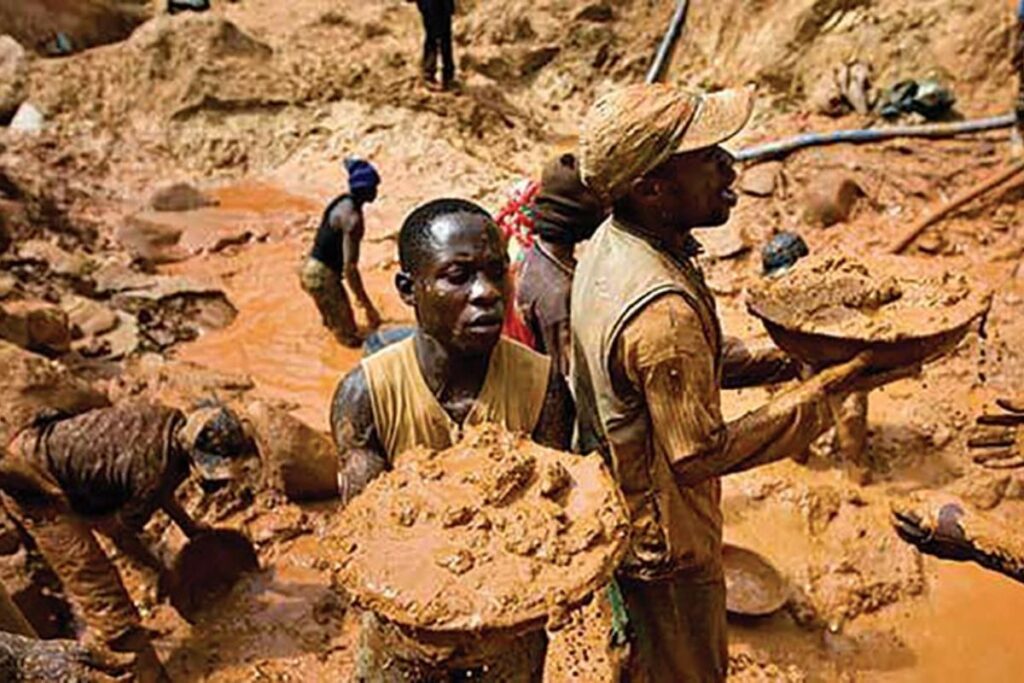
Global Response and Activism
While the scale of brutality in the Congo Free State was immense, it wasn’t entirely hidden from global scrutiny. Individuals like Edmund Morel, a shipping clerk who noticed the discrepancy between the wealth being extracted and the lack of goods being shipped to the Congo, played a pivotal role in exposing the atrocities.
Morel, along with diplomat Roger Casement, spearheaded an early human rights movement, shedding light on Leopold’s transgressions. Their efforts culminated in the formation of the Congo Reform Association, which sought to raise awareness and put an end to the abuses.
International pressure mounted, and in 1908, King Leopold was forced to relinquish his personal control over the Congo, transferring it to the Belgian state.
Gerald Umeh
Post-Leopold Congo: Continued Struggles
While Leopold’s direct rule ended, the Congo’s ordeal was far from over. The transition to Belgian colonial rule brought with it a different set of challenges. Though the egregious human rights abuses reduced, exploitation continued in other forms.
Post-independence, the Congo plunged into a series of conflicts exacerbated by Cold War dynamics and foreign interventions. The nation’s vast mineral wealth, particularly coltan, a mineral essential for modern electronics, made it a hotspot for exploitation by multinational corporations.
After Leopold’s reign, the Belgian government took over the Congo’s administration. Ostensibly, this was to correct the grave human rights abuses under Leopold. However, the exploitation took on new forms. The Belgians focused on extracting the Congo’s vast mineral wealth, from gold to uranium. The Congolese, though no longer under the horrific rubber quota system, were still subjected to forced labor for the benefit of Belgian businesses.
Belgium’s “civilizing mission” was marred with paternalism. The Congolese were denied higher education, and any semblance of political power was kept out of their reach. This set the stage for political unrest and a desire for self-rule.
The Congo gained its independence in 1960, but the transition was far from smooth. Patrice Lumumba, the country’s first Prime Minister, was assassinated with the alleged support of Western powers due to his socialist leanings and his desire to nationalize the Congo’s resources. This paved the way for the dictatorship of Mobutu Sese Seko, which lasted for over three decades.
The end of Mobutu’s rule didn’t bring stability. The Congo was plunged into what’s often referred to as ‘Africa’s World War’, involving multiple neighboring countries. The death toll, as a result of war and related factors like disease and malnutrition, reached into the millions.
Modern Day Implications
Today, the legacy of the Silent Holocaust lingers. The Congo grapples with political instability, poverty, and the ramifications of colonial-era exploitation. The international demand for minerals like coltan indirectly fuels conflicts, with militias controlling mining operations and using the proceeds to finance their activities.
Despite the abundant natural resources, the Congolese people bear the brunt of a history steeped in exploitation. The challenges they face are a stark reminder of a past that must not be forgotten.
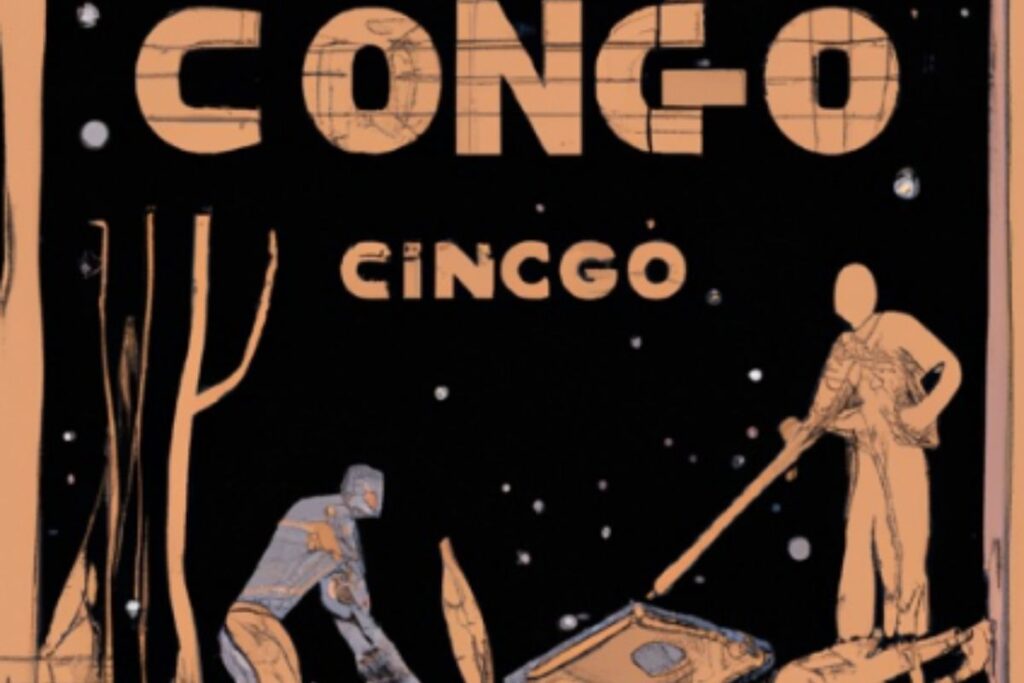
The Congolese soil, rich in minerals crucial for modern technology, became both a blessing and a curse. The global demand for these minerals has fueled further conflict and exploitation. Coltan, gold, diamonds, and other resources are mined, often under brutal conditions, and smuggled out to global markets. These ‘conflict minerals’ find their way into our smartphones, laptops, and other everyday devices.
Multinational corporations have been complicit, directly or indirectly, in sustaining these cycles of violence and exploitation. The profits from these minerals finance armed groups, further destabilizing the region and perpetuating a cycle of violence.
Efforts like the Dodd-Frank Act in the US attempted to regulate the sourcing of conflict minerals. However, implementation and enforcement remain challenging.
The Congolese population, while rich in cultural heritage and resilience, continues to bear the scars of its history. Displacement, violence, and poverty are day-to-day realities for many. Yet, amidst the challenges, there are stories of hope, resilience, and a desire for a brighter future.
Conclusion on the Silent Holocaust of Congo
The Silent Holocaust of Congo serves as a grave reminder of the depths of human greed and the catastrophic consequences of unchecked power. As we move forward, it’s essential to recognize and learn from these chapters of history. In a world that’s increasingly interconnected, it’s imperative for us, as a global community, to take collective responsibility, ensuring that such atrocities are never repeated and working towards justice and reparation for the affected communities.
The Silent Holocaust of Congo underscores the profound impact of colonialism, corporate greed, and international apathy. As a dark chapter in human history, it challenges us to confront the legacies of exploitation and to actively work towards ensuring such events are not repeated.
But recognizing the past is only the first step. Global efforts are required to help rebuild the Congo, from investing in infrastructure to ensuring transparent and ethical sourcing of minerals. Reparation, both financial and moral, is necessary to heal the wounds of history.
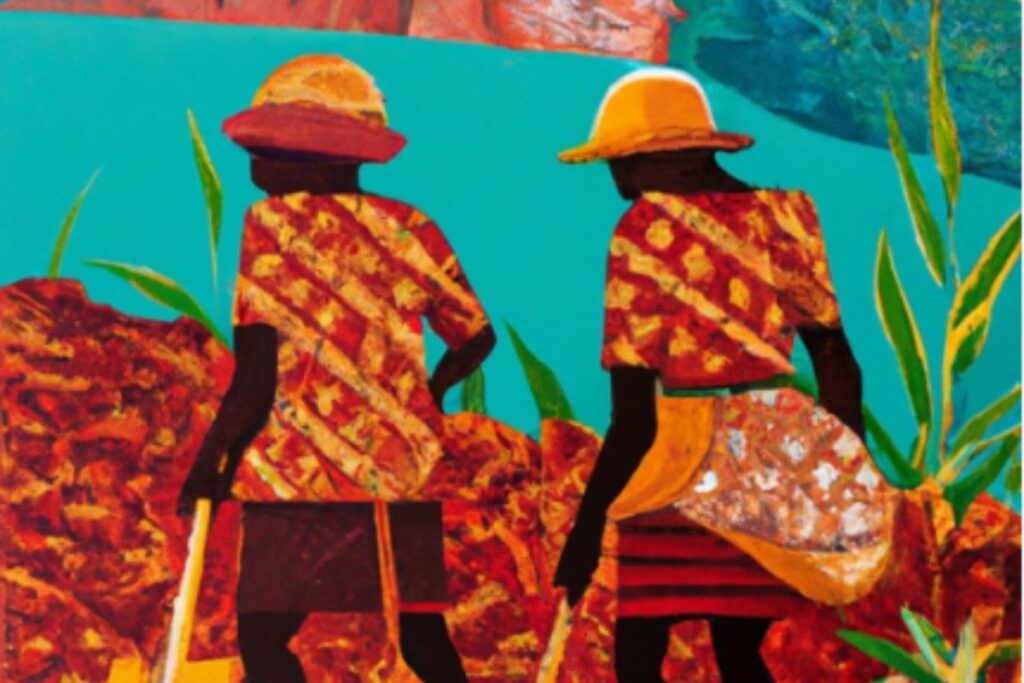
Furthermore, as consumers, we hold power. By demanding ethical sourcing and supporting initiatives aimed at uplifting the Congolese people, we can play a part in shaping a better future for the Congo.
In the end, the Silent Holocaust of Congo serves as both a grim reminder of the past and a clarion call for the future. It beckons us to not only remember but to act – ensuring justice, equity, and dignity for all.
Join Us in Making a Difference
As you’ve journeyed through Congo’s story with us, it’s clear that the challenges are immense. But behind the statistics and history are real people, with real dreams. We’ve got a chance to stand beside them, not out of pity, but out of respect and shared humanity. If you’re in a position to help, your support could create ripples of positive change. Together, let’s partner with the resilient people of Congo and work towards a brighter tomorrow. Every bit counts, and every action speaks volumes.








